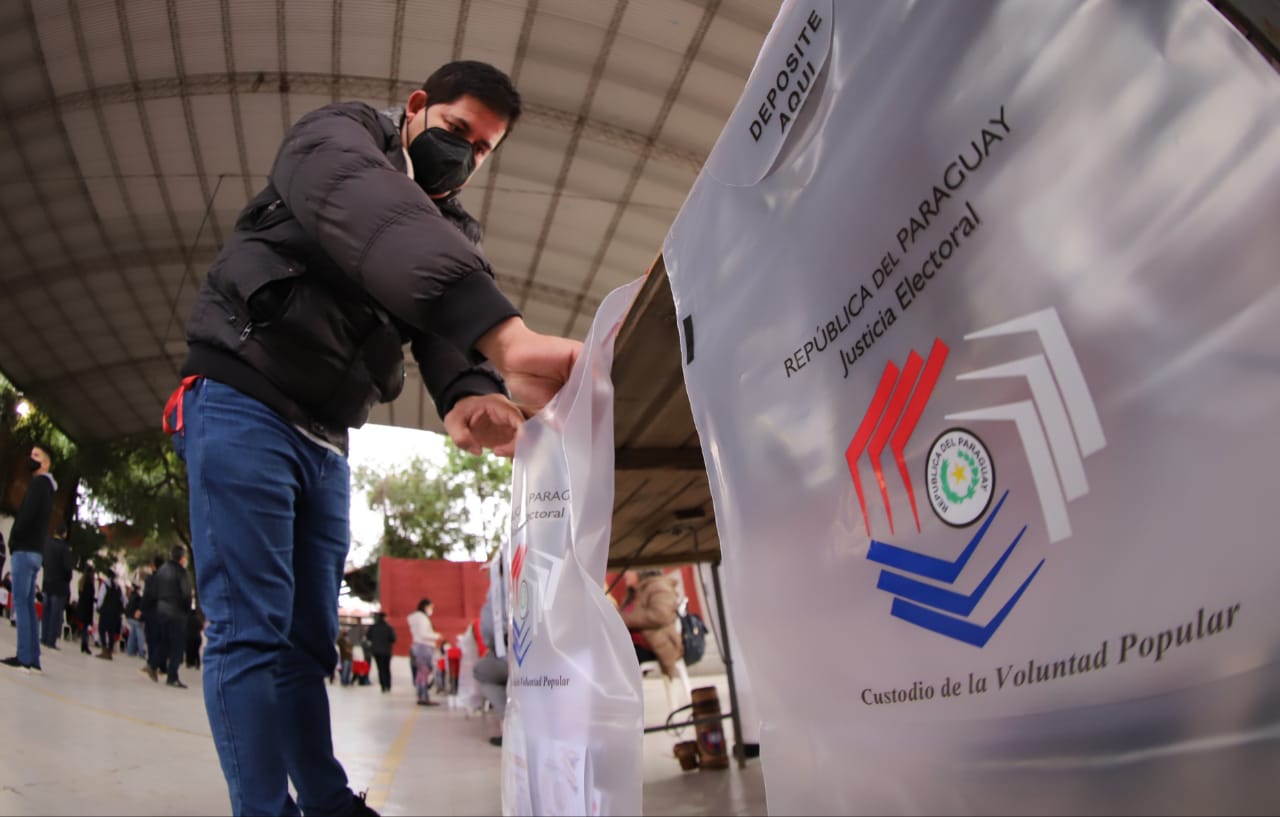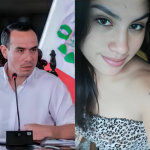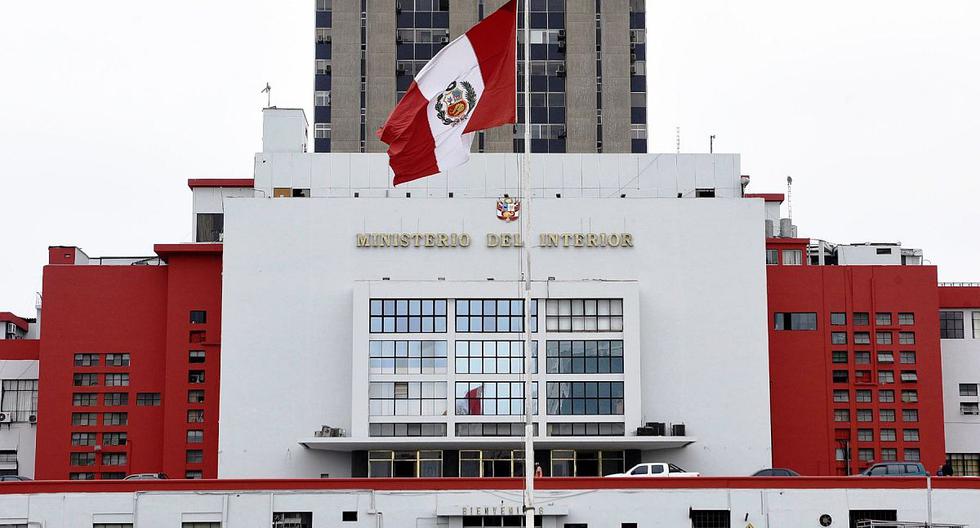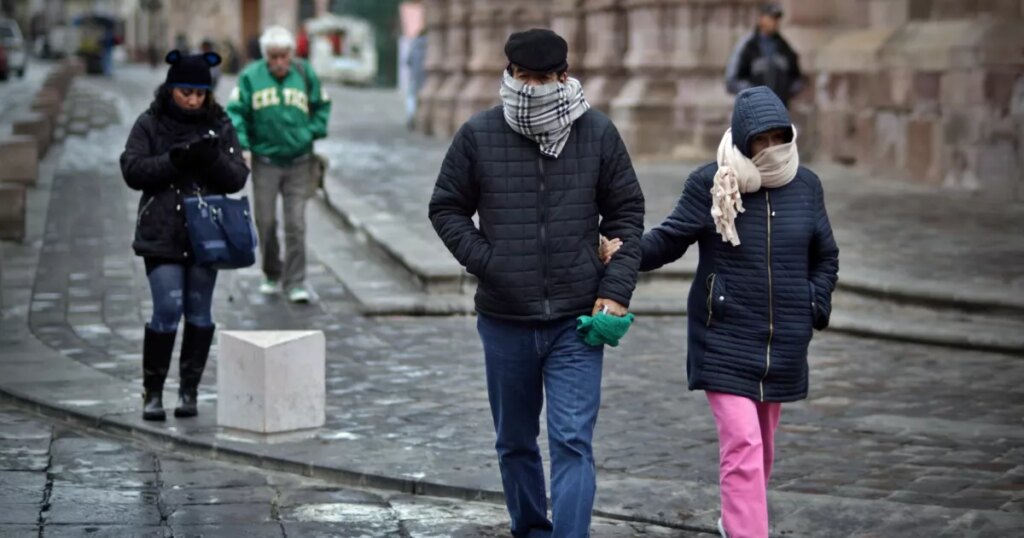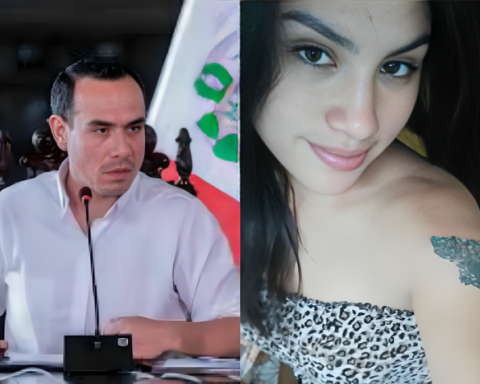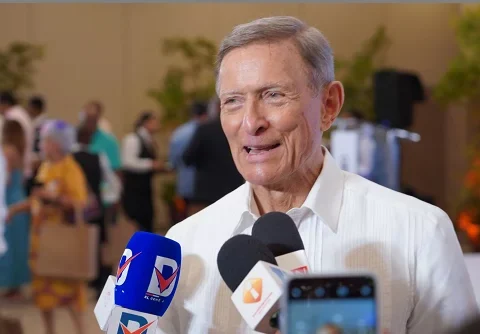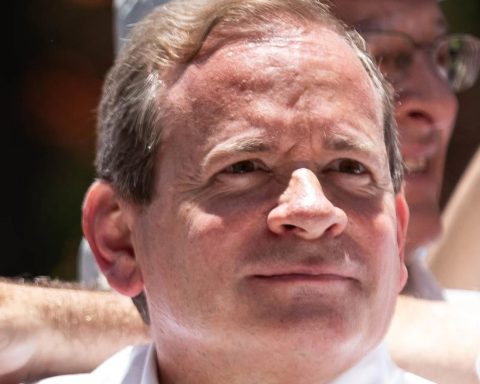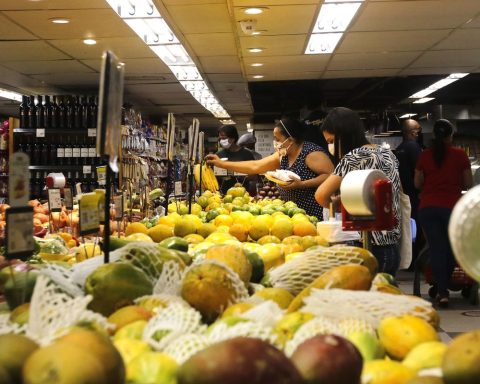During the last elections, the massive purchase of votes was seen with candidates who paid from G. 100 thousand to G. 300 thousand per person. This is due to the lack of action of the responsible institutions such as the Public Ministry or the National Police.
Selva Castiñeira, a political scientist, affirmed that sadly it became a custom where in each election, the purchase of votes and the distribution of money are observed.
“There is so much need and poverty that the electorate takes the opportunity to ask for something in electoral times that they will not be able to do when the candidate has already been elected. We have a generation of politicians that generates poverty to later generate votes with handouts,” he stated.
He argued that this will make it impossible to generate positive changes for the country.
“As long as we don’t change the manipulation of the elections. As long as politicians don’t realize that the well-being of the country comes first, we will continue like this. You have to see how good politicians make people aware that it is possible to do things well, that we are the ones who must choose the good representatives, ”he commented.
MARTINEZ
Clara Martínez, a political scientist, affirmed for her part that the problem is structural, since in order for there to be a great transformation, work must first be done to develop a civic culture.
“The buying of votes has to do with the structure where the responsible institutions such as the Public Ministry do not carry out their functions. There are complaints against the actors but the institutions do not respond, ”he said.
He argued that the public is very dissatisfied with the quality of their political representatives. For what he sees as the only opportunity to get something out of politicians.
“The rest of the five years they forget about us. Now we have a crisis of representation. Citizens no longer believe in politicians because we have always been victims of deceit and betrayal for what they see as a unique opportunity and it affects the quality of democracy
